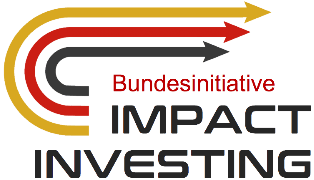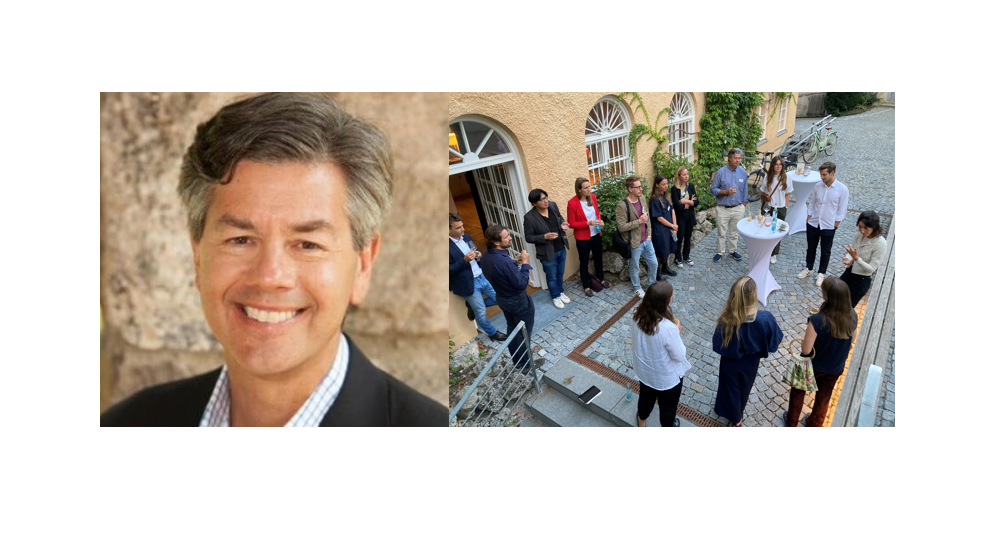Hosted by the BMW Foundation Herbert Quandt in collaboration with the in collaboration with the Capital Institute, Bundesinitiative Impact Investing and UnternehmerTUM, the gathering brought together a select group of thought leaders and change-makers in the world of finance.
Finance for a Regenerative Economy: The event centered around the concept of regenerative investing, a pioneering approach in finance that bridges economic growth and ecological restoration. It’s about nurturing a regenerative economy that not only prospers financially but also revitalizes our ecosystems and enhances social well-being.
We sat down with John Fullerton, the founder of Capital Institute to ask a few questions about the principle of regenerative economy and what role impact investing can potentially play:
What is the fundamental concept behind regenerative economies?
The core idea is to align our economic system with the patterns and principles found in natural living systems, which have been responsible for the evolution of life on Earth throughout history.
Could you highlight the most crucial principles of this concept?
I discuss eight principles, but I would emphasize that the pivotal question is whether we view the human economy as a living system. If we acknowledge it as such, then we can look to the inherent wisdom of living systems. It’s not about my personal perspective; it’s about understanding how life operates. The crux of these principles is the shift away from viewing the economy as a machine, as proposed by neoclassical economics and modern management with a focus on efficiency and productivity. Instead, we should see it as a living system and educate ourselves about how such systems function. It’s beneficial to distill these principles to their core, as they are descriptive qualities of how life functions. For example, one principle asserts that every part of the system operates in harmonious relationship with the others, and the sum of these relationships is greater than the sum of the individual parts. In essence, you are not merely the sum of your eyes, nose, and feet; you are the result of these components working together in harmony.
What does that mean for our current financial system, and what changes are required in investment practices to align with the principles of a regenerative economy?
Addressing this question is akin to writing a doctoral thesis, but I’ll start with a major shift – balance. One of the fundamental principles, which aligns with teachings from yoga, is the importance of balance. Our capitalist algorithm has been designed to maximize financial return on investment, and it has been remarkably successful in this regard. However, this success has come at the expense of other crucial aspects we care about, including natural and social capital. Essentially, we’ve created a system that extracts natural and social capital to generate financial capital. While this approach has led to significant progress, it has also resulted in a towering peak of financial capital, while the mountains of social and natural capital are dwindling – a scientifically verifiable trend. This unsustainable situation means that the algorithm is not merely flawed; it is fundamentally wrong. Consequently, financial capital must undergo a profound internal transformation, which is a challenging endeavor.
How do you view the impact of the impact investing approach? Do you think it is a step in the right direction?
Absolutely. I personally identify as an impact investor, and I believe it represents a positive step forward. It constitutes a community of individuals grappling with complex questions. However, it should not be misconstrued as a comprehensive solution to the broader systemic issue. Nonetheless, we should continue to work within this framework, as it currently appears to be the most promising direction we’ve explored. I am a strong supporter of impact investing, but we must recognize its limitations in addressing the larger systemic challenges.

